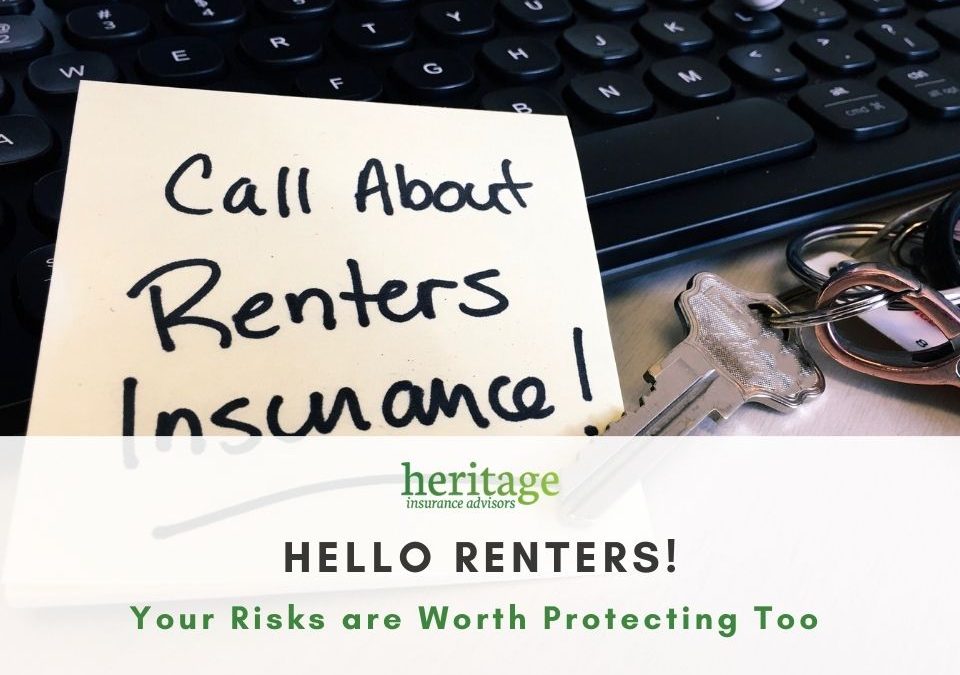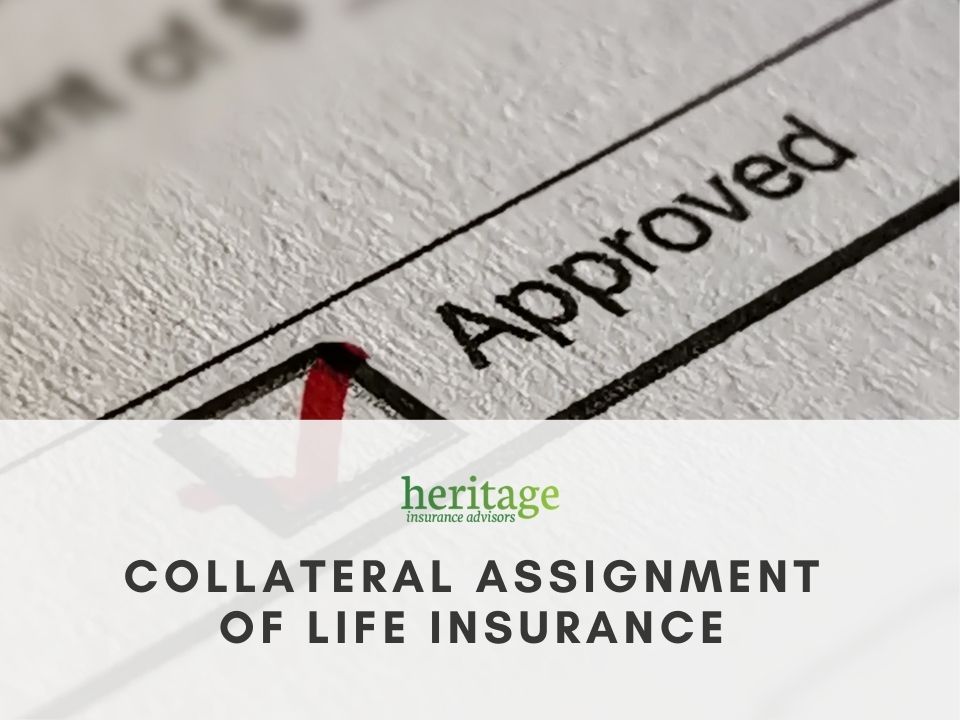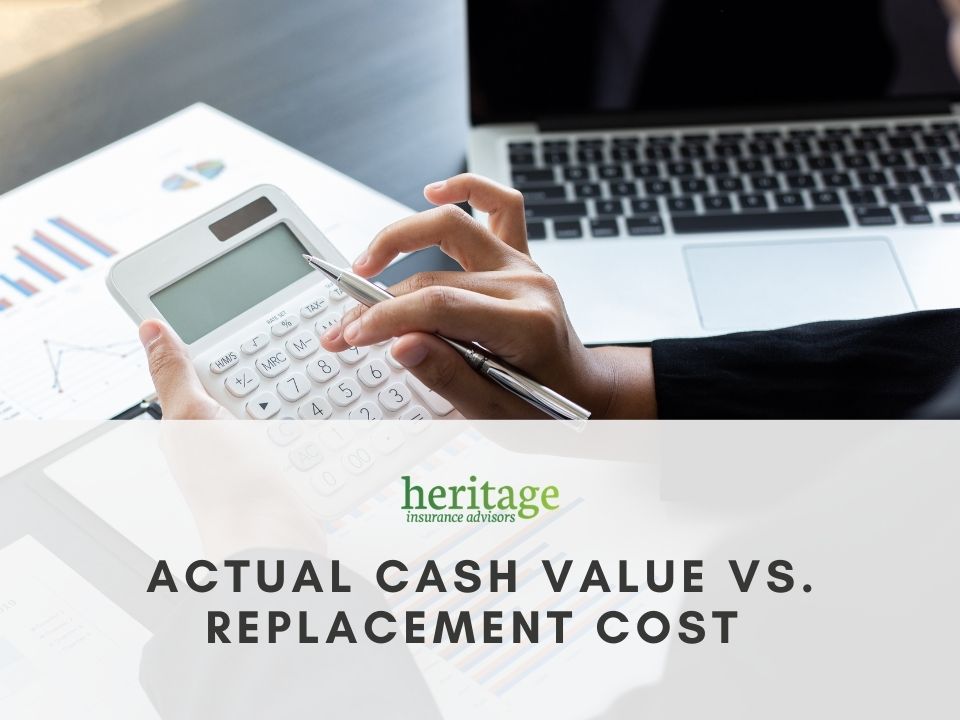
Church Insurance 101
July 28, 2021
General Insurance Terms
August 18, 2021Hello Renters! Your Risks are Worth Protecting Too
Most people have been renters at least once in their lifetime. In 2020, nearly 43 million housing units were occupied by renters in the US, a steady number since 2014 and an upward trend since 1975. Outside of auto insurance, it’s easy to set personal insurance aside if you’re renting. However, as a renter you also have risks worth protecting.
Breaking Down Renters Insurance:
When you rent, you know that your landlord has insurance, but if a covered event takes place, as a tenant you won’t be protected under their policy. That’s why you need your own. Renters Insurance, commonly referred to as “Tenants Insurance,” pieces together a few coverages that protect you and your belongings while you’re renting a house or apartment. While Renters Insurance is not legally required, it is legal for your landlord to require you to have it. Check out this fun video from Allstate for a quick visual.
In general, Renters Insurance steps in when loss occurs at the hands of one of these unexpected perils:
-
- Theft
- Fire
- Lawsuits
- Vandalism
- Fallen Objects
- Most Weather Events
Typically, there are three main coverages that renters need:
Personal Property Coverage: You obviously don’t need to be responsible for the home itself, but personal belongings inside or on the rented home property could be protected under this coverage. These are items like clothes, indoor/outdoor furniture, tools, and more.
Pro Tip: Certain unique personal possessions, like collectables or fine jewelry, may not be included in this coverage. If this applies to you, don’t fret, we talk about a solution below called Scheduled Personal Property.
Personal Liability Coverage: If you, your guests, or even pet(s) injure another individual or cause damage to someone’s property, you will need financial coverage for medical and/or legal expenses. Accidents like a slip and fall, a dog bite, or even a broken window can be very costly, especially when paying out of pocket.
Additional Living Expenses (ALE): If a covered event, like a fire, forces you to evacuate your leased home, you will incur extra living costs. This coverage can help you pay for practical expenses like temporary housing, hotel, increased food bills, laundry, and others.
What Renters Insurance Will NOT Cover:
There are a few things that Renters Insurance will not cover. The good news is, there are often solutions:
Pandemics: COVID-19 has put this term at the forefront of people’s minds. It’s important to know that Renters Insurance does not financially intervene during a pandemic. It’s best to work with a financial advisor to sort a solid savings and backup plan.
Certain Types of Property: If you own collection pieces or items that have been valued over $1,000, you will need an Endorsement called Scheduled Personal Property. Most policies place special limits on collectibles, and sub-limits for theft of items like jewelry, silver, or rugs. Listing these items specifically is always the safest way to make sure you have the right amount of coverage on these items.
Certain Natural Events: If you face unique natural and weather risks (such as earthquakes or flood plains), you may need Endorsements (extra coverage) to thoroughly protect your belongings.
Business Endeavors: If you provide a professional service that operates from your rented home, you will not be covered. You will need Commercial Insurance.
Your Vehicles: If you own a vehicle, it will not be protected, even if it sustains damage while sitting in your driveway. You will need Auto Insurance and you can often bundle your Auto and Renters Insurance to save money.
Know Your Limits:
Ultimately, your liability limits should account for your assets. If you have growing assets people may try to take advantage of that, so the more assets, the higher the limit you’ll need. That’s why we always encourage to know your policy’s language!
Insurance is personal. It involves your livelihood, people, and things you love. If you’re renting and realizing that you may need an insurance plan, reach out today for an objective risk management assessment.





